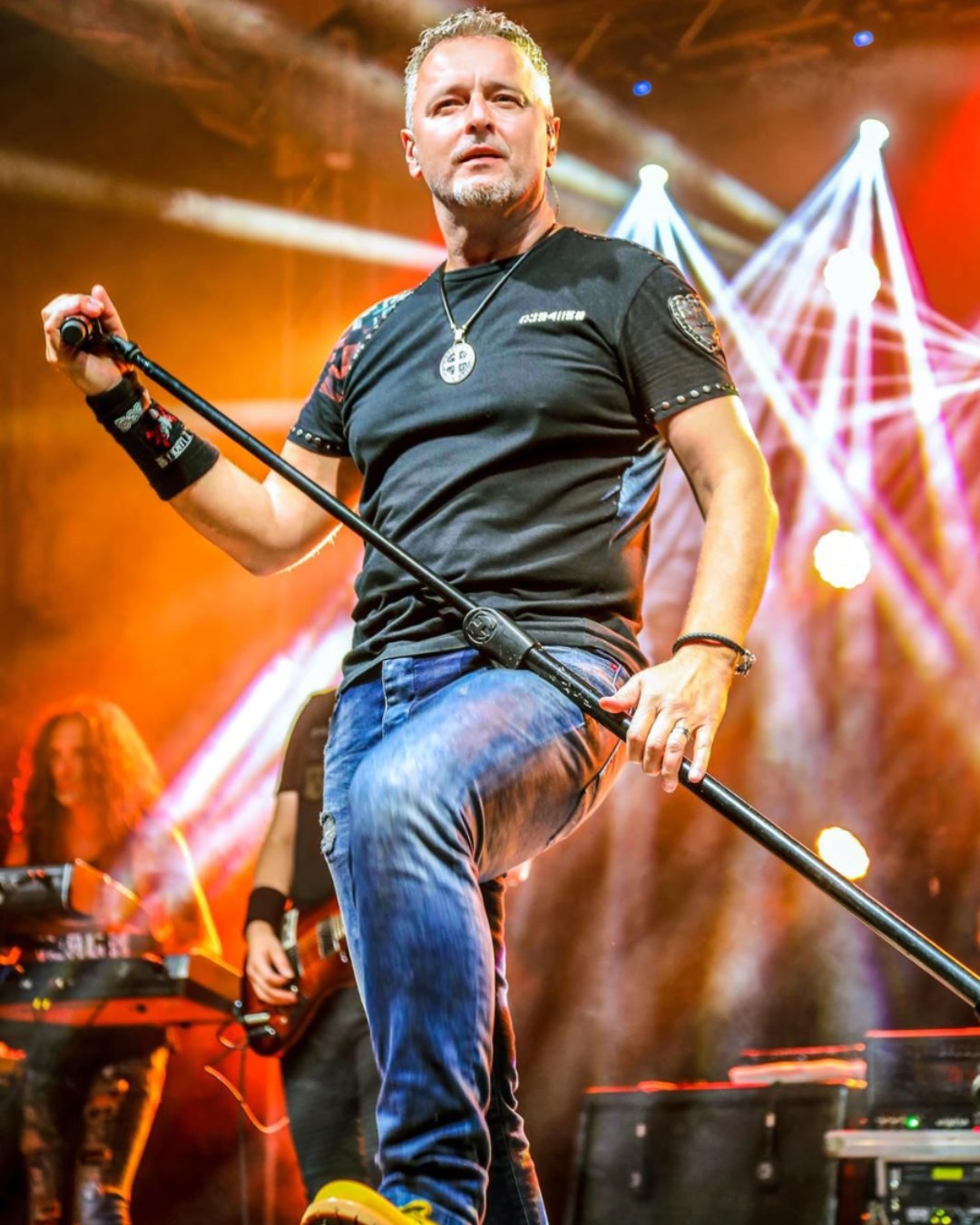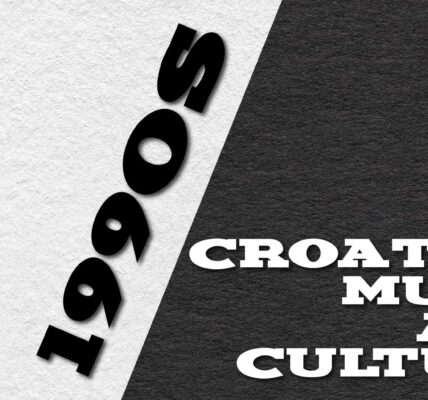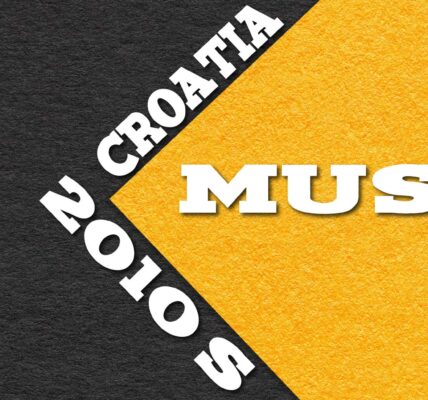Following Marko Perković Thompson’s highly anticipated concert at the Zagreb Hippodrome, the public continues to discuss its significance and the reactions it elicited. While thousands of people celebrated music, peace, and love for their homeland, some foreign media and parts of the public continue to make accusations and misinterpretations of events.
Why is it hard to understand that this was a concert of peace and love for the homeland?
Throughout history, Croatia has often been the target of generalizations, and certain symbols or performers are automatically associated with political or ideological connotations, without a deeper understanding of the real meaning of events. Foreign and domestic media sometimes convey distorted information or highlight controversies, instead of objectively portraying the atmosphere and messages of the concert. This makes it even more challenging to view the event neutrally.
Despite the clear messages from the performers and organizers, as well as the positive atmosphere among the audience, it is difficult for many to accept that Thompson’s concert was an event of peace and love for the homeland—the reasons for this stem from several complex social and media factors.
People of all generations and social strata gather at the concerts, which shows that the motivation for coming is not hatred, but love for music and a sense of community. Although the songs celebrate homeland, family, and religion, some interpret them through the prism of past conflicts or political disagreements, ignoring the universal positive values they promote.
Occasional incidents or inappropriate outbursts by individuals are often generalized and attributed to the entire audience or performer, even though most attendees come with sincere intentions. Such incidents frequently receive disproportionate attention in the media, while the positive aspects of the event are overlooked.
Events of this type are often used to promote certain political narratives, which further polarize the public and make it difficult to see the concert as a cultural and musical event objectively. For many Croats, such concerts represent an opportunity to express their national identity and sense of togetherness, which some interpret as exclusivity or a closed-off feeling. However, the emphasis is on positive values. Those who did not attend the concert often rely on other people’s interpretations or media reports, instead of assessing for themselves the atmosphere and messages that prevailed.
Due to all of the above, the difficulties in accepting the concert as an event of peace and love for the homeland stem from complex social dynamics, prejudices, and the way information is presented to the public. The key to understanding lies in openness, objectivity, and a willingness to consider different perspectives, rather than viewing events through predetermined frames.
Why is it hard to understand that Croats are not fascists?
Despite occasional accusations and prejudices, most Croats distance themselves from any form of extremism and fascism. The reasons why it is difficult to break this stereotype stem from complex historical, social, and media circumstances.
Foreign and domestic media sometimes report individual incidents or statements out of context, which further strengthens negative stereotypes. Sensational headlines and reports often ignore the fact that the majority of Croats are against all forms of hatred and violence.
Accusations of fascism are sometimes used as a means of political struggle, both within Croatia and in international relations. Such accusations often stem from political or ideological motives, rather than a genuine analysis of social relations.
People who do not have direct contact with Croatian society often rely on others’ interpretations and media representations, rather than their own experiences. Ignorance of actual circumstances leads to generalizations that are not grounded in fact.
Associating an entire people with the actions of individuals is unfair and harmful to social cohesion and international relations. The majority of Croats aspire to create a society founded on tolerance, respect, and openness to diversity.
Generalizations and stereotypes are most often the result of not knowing the real situation and history. Contemporary Croatia distances itself from extremism, and the majority of citizens condemn every form of hatred and violence and want to build a tolerant and open society.
Breaking these prejudices is only possible through open communication, personal experience, and objective information, rather than repeating old stereotypes.
Foreign media and fact-check
Some foreign media outlets described the Thompson concert at Zagreb’s Hippodrome using terms like “fascist gathering.” These labels were often applied without rigorous fact-checking or direct engagement with attendees. Instead of relying on firsthand accounts or balanced reporting, certain outlets amplified sensationalist narratives that may not accurately reflect the event’s atmosphere or intent.
Analyses indicate that some of the loudest critics in foreign media are actually authors from the surrounding region. These individuals often approach Croatian events and the local music scene with pre-existing opinions, shaped by historical, political, or cultural biases. As a result, their coverage can lack nuance and objectivity, reinforcing stereotypes rather than fostering understanding.
Responsible journalism requires thorough verification of claims, especially when reporting on sensitive or controversial events. Engaging with people who were present at the concert provides a more accurate and comprehensive perspective. Media should refrain from spreading misinformation or prejudice, as this can deepen divisions and perpetuate unfair stigmatization.
The primary role of the media should be to inform the public accurately and impartially. When preconceived notions shape coverage or lack proper fact-checking, they undermine trust and contribute to the spread of misinformation. Objective reporting is crucial for fostering understanding and ensuring a fair representation of events and communities.
An appeal to major global media houses: Responsibility and fact-checking in reporting on Croatia
In today’s era of globalized information, media outlets such as the BBC, CNN, Deutsche Welle, El País, Le Monde, Switzerland News, The Guardian, and The New York Times, among other primary international news sources, have an exceptional power to shape public opinion. With this power comes great responsibility, especially when they report on sensitive topics and countries like Croatia.
Every text that comes out of the newsrooms of these media should be the result of a thorough fact check and an objective approach. Unfair and unverified allegations, especially those that defame or damage a country’s reputation, can have long-term negative consequences for international relations and the perception of the affected individuals. Croatia, like any other country, has its own history and social challenges; however, it is crucial that reporting is based on facts, rather than stereotypes or political prejudices.
Major media houses should carefully select their reporters and editors, ensuring that their articles are professional, impartial, and accurate. Songwriters who intentionally or negligently spread incorrect information or slander Croatia should bear the consequences, including the possibility of dismissal. The media should regularly review their reporting practices and introduce stricter standards for vetting content before publication.
When inaccurate and harmful information appears in the public, it is not only a loss for Croatia, but also a blow to the credibility of the media itself. Honest, objective, and responsible reporting is the key to building trust between media and audiences around the world. Instead of encouraging division and prejudice, the media should be bridges of understanding, promoters of truth and respect among nations.
The world’s major media companies must take responsibility for the content they publish. Croatia deserves fair and impartial reporting; media that fail to meet these standards should seriously reconsider their editorial policies and personnel decisions. Let them be ashamed of their unprofessionalism and let it be an incentive to change for the better.
Jealousy and a sense of belonging
The successes of local performers, such as Thompson’s concert at the Zagreb Hippodrome, are often followed by a wave of comments – from sincere admiration to criticism and jealousy. This phenomenon is not unique to Croatia, but it is particularly pronounced in Croatian society due to a strong sense of national identity and belonging.
When local musicians gather tens of thousands of people, it often causes envy and negative comments, both among individuals inside Croatia and outside it. Success is usually viewed through the lens of competition, rather than as an opportunity for shared pride and celebration of culture. Instead of using such events to strengthen unity, they sometimes become a reason for division and misunderstanding.
Concerts and similar cultural events remind us of the importance of preserving one’s identity, while also encouraging us to be open to others. They bring people of different generations and life stories together, connecting them through music, emotions, and shared values. This is especially important for Croats living abroad – events like this send a clear message that they are always welcome to return, participate, and contribute to a community that strives for a better tomorrow.
Such concerts are not only a celebration of music, but also an opportunity to break down prejudices, open dialogue, and build bridges of understanding. Open communication, mutual respect, and truthful reporting are essential for peace and progress. Only through unity and acceptance of diversity can a society be built in which the success of an individual becomes a source of pride for the entire community.
Cultivating identity, celebrating success, and openness to others are the foundation of a strong society. Croatia is the homeland of all its people, regardless of where they live, and they are always welcome to be part of a community that builds a better tomorrow.






